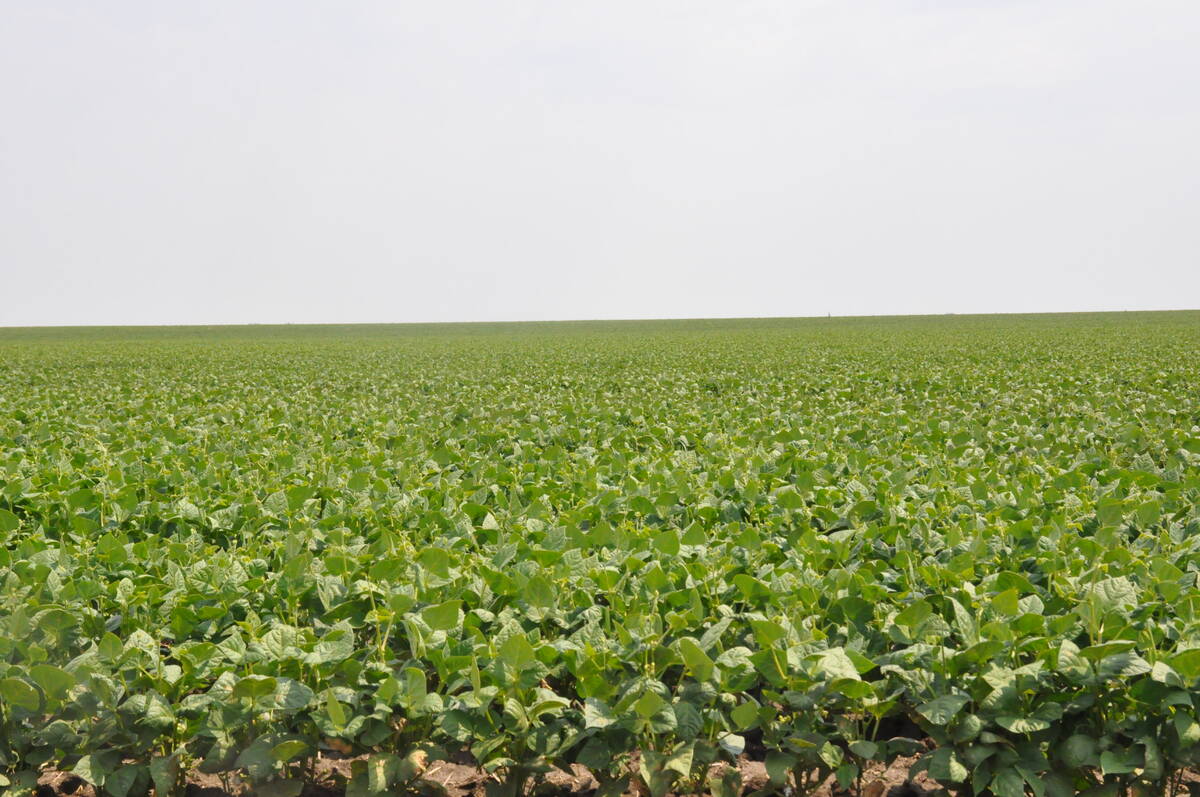BRUNO, Sask. Ñ Organic crops will remain in the bin unless they have a certification acceptable to the buyer purchasing them, a processor told growers Feb. 22.
Grant Whitmore, crop production specialist with Bioriginal Source, said growers need to determine if their certifying body is giving them accreditation for one of three systems Ñ United States Department of Agriculture, European Union or Bio Suissse.
“If they can’t guarantee that, don’t certify with them,” he said. “(The crop) will have nowhere to go.”
Speaking at an organic update meeting in Bruno, Sask., Whitmore noted European standards for trade are fluid, with a push toward farm-to-plate traceability.
Read Also

Coloured bean production down, whites are up
Bean prices have been slumping and the outlook is for more of the same.
Europe is requesting the name of the grower, the amount of his certified organic acres and his plans for converting remaining conventional acres to organic.
“That’s information that markets the crop,” he said, noting Europeans like that direct relationship with growers.
Glen Neufeld of Marysburg Organic Producers Inc. and Sunrise Foods said the export of crops like durum, lentils and rye leaves a long paper trail.
Certifications, licences and farmers’ names on import licences are necessary, but created “a paper overload” for exporters like him.
“We have to oblige if we want to go into that market,” he said in a phone interview.
While one international certification standard would simplify matters, Neufeld didn’t expect that to happen. However, he said Canada’s move toward one standard for organics is a hopeful sign.
At the Bruno meeting Whitmore said as the organic industry matures, a better-informed consumer will become more discriminating and seek out higher quality products.
He said the best protection against other countries is to provide consistent high quality organic products. Traceability back to the farm is a tool that Canada can use against competitors, he said.
He encouraged growers to ask what varieties buyers need and provide them with good samples.
“The sample has to represent what you have in the bin,” he said.
Growers must maintain good agronomic practices and fight the temptation to stray from planned crop rotations.
“If you push the envelope too far, it could decrease yields and increase weeds,” said Whitmore, who noted any new crops planted should have a market in mind.
Ensure the best possible start for the crop by using organic or pedigreed seed and testing the seed’s germination.
“You’ve got to be doing these little things early that are important for marketing down the road,” he said.
Contracting partial acres can provide security, early delivery and cash flow for growers and create good relations with the buyers.
It also allows farmers to watch the markets for spot selling opportunities for the non-contracted acres.
Whitmore cautioned growers that they should understand the contract’s fine print, from who pays the trucking and cleaning to grade deductions. Check with other buyers to see what they are paying, he said.
Neufeld of Sunrise Foods advised growers to examine their rotations and find out what will sell well and provide more immediate cash flow.
He predicts larger conventional farms will start converting to organic systems and produce larger crop volumes, which could distort markets for the traditional small organic grower.














